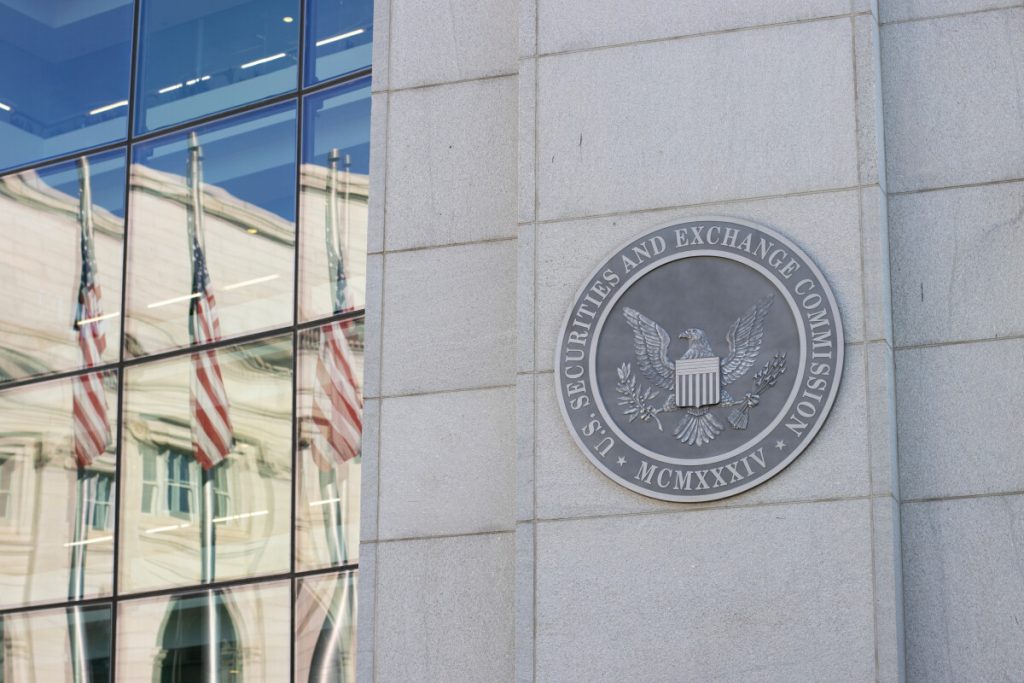The United States Securities and Exchange Commission (SEC) has secured a default judgment against Thor Technologies and its Chief Executive David Chin.
In an Oct 19 statement on its website, the SEC disclosed the current status of the case after it notched the judgment against the defendants in the U.S. District Court for the Northern District of California, San Francisco.
The SEC filed a lawsuit against the company and its executive for allegedly offering unregistered securities worth $2.9 million.
According to the judgment, the defendants are ordered to pay a total of $903,193.06 consisting of $744,555 as disgorgement and $158,638.06 being prejudgment interest.
The court granted the SEC’s request on all charges and ordered both Thor Technologies Chin not to participate in any securities offering involving digital assets.
“The SEC’s investigation was conducted by Ruth L. Hawley and Erin E. Wilk and supervised by Jeremy E. Pendrey and Monique C. Winkler of the SEC’s San Francisco Regional Office. The SEC’s litigation was conducted by Marc Katz, Ms. Hawley, and Ms. Wilk,” the Commission added.
A default judgment is a type of ruling that occurs in favor of one party when the other fails to take a particular action either to enter an appearance or to file pleadings: default judgment of appearance and default of pleadings.
This development comes hours after the SEC dropped its case against Ripple executives, CEO Brad Garlinghouse and Chairman Chris Larsen for suits filed in December 2020 for allegedly offering unregistered securities.
Per court filing, both parties agreed to dismiss the aiding and abetting charges against the defendants toward their company.
A long road for Thor
The SEC instituted lawsuits against the company as part of its claims that crypto assets are being marketed as financial securities without the necessary authority of the Commission.
The financial regulator alleged via a lawsuit filed in 2022 that both defendants offered “Thor Tokens” to the public with the profits realized used to fund the company’s operations.
From March to May 2018, it was alleged that the defendants marketed the token as an investment opportunity that would increase in value and future listings on crypto trading platforms.
At the time, it was revealed that no work had been done on the token’s platform and it could not be utilized anywhere else.
“The complaint further alleges that the offers and sales of Thor Tokens, which raised approximately $2.6 million in cash and crypto assets from investors, were not registered with the SEC and did not qualify for any exemption from registration.”
Read the full article here
